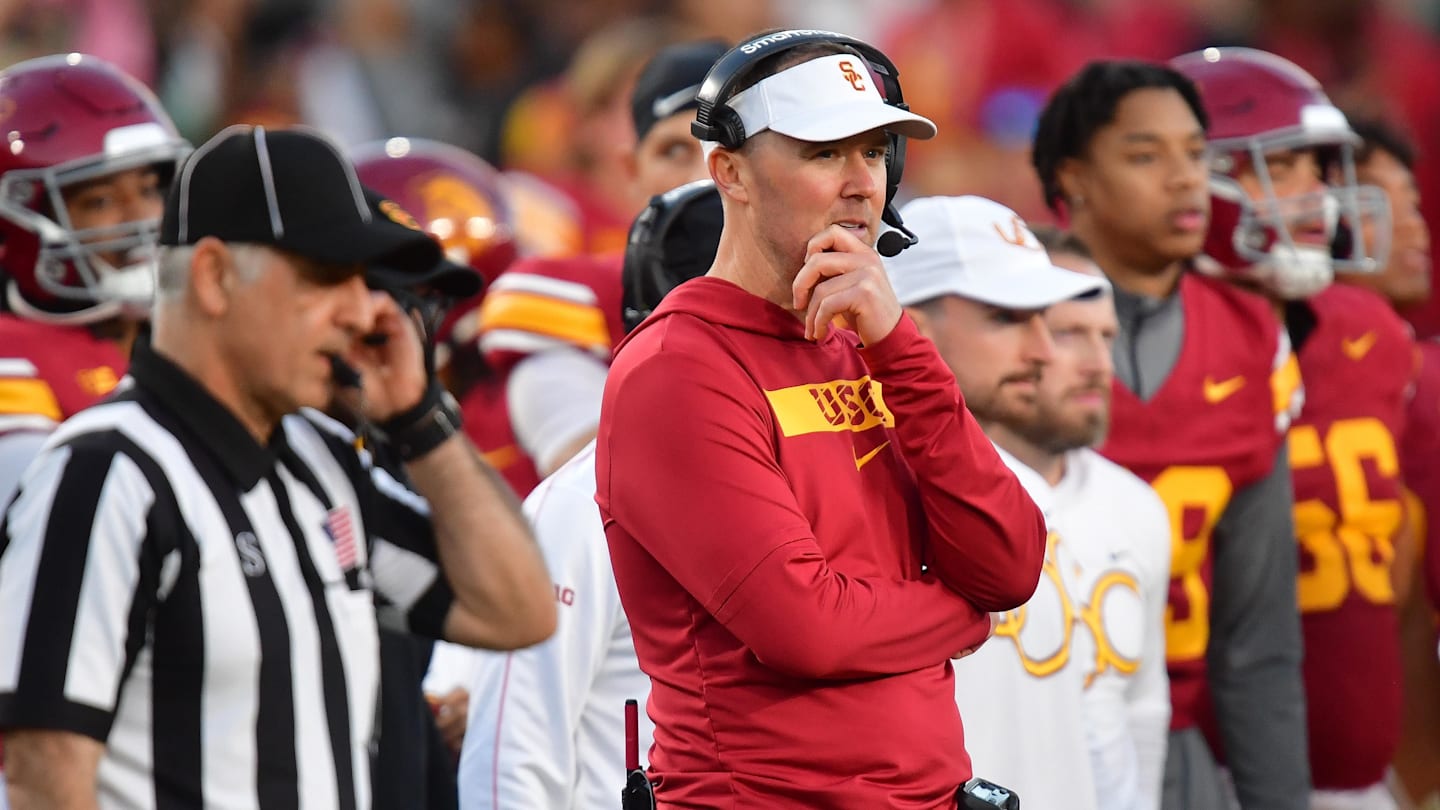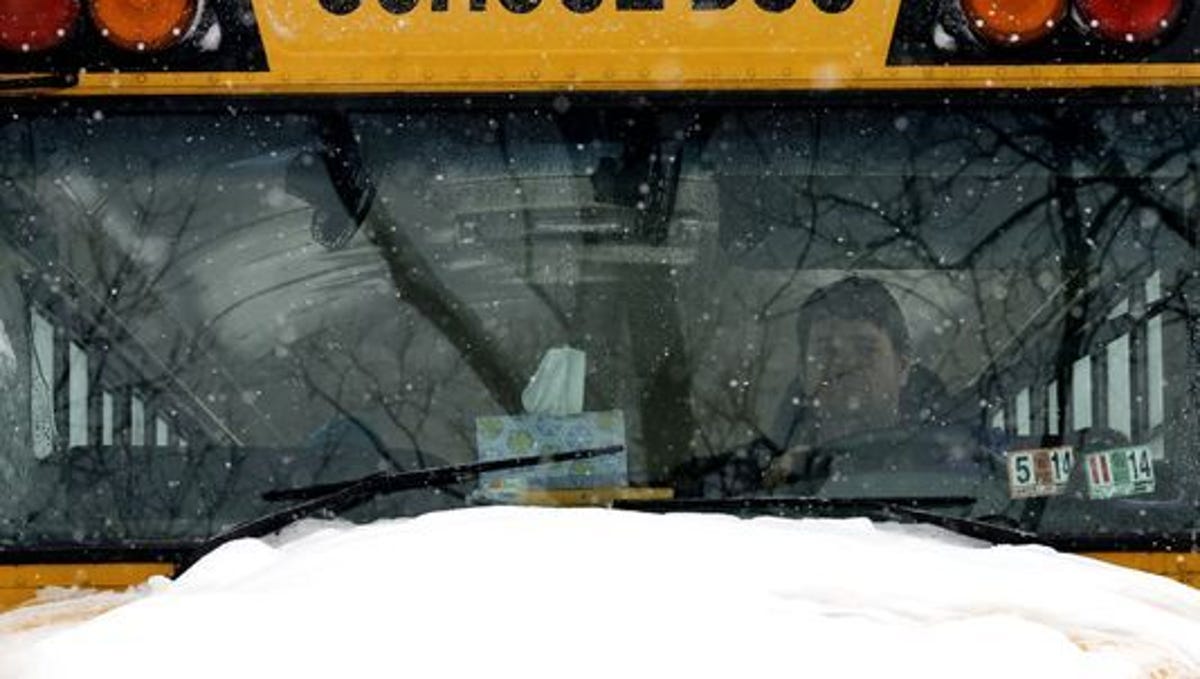North Carolina
North Carolina Republicans seek control over state and local election boards ahead of 2024

RALEIGH, N.C. – Republicans who control the North Carolina legislature with veto-proof majorities are close to wresting supervision of elections from the governor and the governor’s party — almost always the Democrats for over a century.
A bill that could reach Gov. Roy Cooper’s desk this week would, among other changes, take away from him and future governors the power to appoint members of the State Board of Elections. It would give that authority to legislative leaders instead.
The legislation also could lead to the ouster of the top elections administrator ahead of the next presidential election in a state where former President Donald Trump squeezed out a razor-thin win over Democrat Joe Biden in 2020. North Carolina was Trump’s narrowest victory that year, raising hopes among Democrats that Biden could win there in 2024.
GOP attempts since 2016 to erode Cooper’s election board power have been struck down by courts or defeated by voters in a statewide referendum.
Cooper plans to veto the bill. But Republican majorities are large enough to override his veto, and Republican justices now have a majority on the state Supreme Court. Here is what the Republican legislation would do:
WHAT IS CURRENT LAW?
The State Board of Elections has five members appointed by the governor, a practice dating to 1901. While no more than three members can be from the same party, Democrats have held the majority during Cooper’s term as governor.
The board picks a chair and hires an executive director. Each of North Carolina’s 100 counties also has five-member election boards, which also follow the 3-2 split favoring Democrats. The state board and Cooper pick county members.
WHAT WOULD THE BILL DO?
Starting next July, the state board would grow to eight members, but all seats would be appointed through the General Assembly. The House speaker, Senate leader and the minority leaders in each chamber would get two picks each. The county boards next year would drop to four members, with each top lawmaker picking one seat.
Although unaffiliated voters could be appointed, it’s likely that the reconstituted boards would be evenly split between Democrats and Republicans. The new state board would pick a chair and an executive director, but one of the legislative leaders — both currently Republicans — would make the choice if the board can’t quickly agree on who should fill those positions.
WHY EVEN-NUMBERED BOARDS?
Republicans say the current makeup of the state and local boards means decisions on contentious election matters fall to what the governor’s party wants, fueling public suspicions that results can’t be trusted. Under the GOP proposal, bill sponsors say the boards will be forced to find bipartisan consensus, increasing voter confidence.
“All we can do is design a board that is intended to take folks who are on it, who have partisanship leanings, and try to remove partisanship from the equation by requiring at least some bipartisan buy-in to do anything,” Republican Rep. Destin Hall said during a House committee meeting. An earlier version of the bill already cleared the Senate in June.
But Cooper, who is barred by term limits from running again in 2024, said in a recent op-ed that the bill has “deceptive packaging” that would constitute a “backdoor attempt to limit early voting and consolidate the legislature’s quest for the power to decide contested elections.”
Voting rights advocates point out that if boards are deadlocked on how many early in-person voting sites should be opened in a county, state law says the county can only offer one site, potentially leading to long lines in the larger cities.
A deadlock on most other issues would produce a standstill with no resolution.
COULD ELECTION RESULTS BE OVERTURNED?
State and county boards accumulate ballot results after elections and vote to certify the results so winning candidates can be seated. But what happens if a board is deadlocked on certifying a race?
Bill opponents worry that with evenly divided state and local election boards, some members might refuse to certify credible results, sending those matters to appellate courts or the General Assembly to settle. The legislation also could open the door for state lawmakers to determine the winner of the state’s 16 presidential electoral votes if a divided state board can’t agree to certify the winner.
The state constitution already gives the legislature the authority to determine the outcomes of what it calls a “contested election” for statewide positions such as governor, lieutenant governor and attorney general.
WHAT ABOUT THE STATE DIRECTOR?
Executive Director Karen Brinson Bell, who was hired by the board in 2019, is widely respected among her colleagues and serves as secretary of the National Association of State Election Directors. Under her watch, there have been no widespread problems or fraud.
But Brinson Bell has drawn criticism from state Republicans who accuse her and the state elections board of accepting a 2020 legal settlement that eased some rules for mailed ballots during the COVID-19 pandemic beyond what state law permitted. Brinson Bell defended the settlement, saying it helped legally cast mail-in ballots get counted after worries about postage delays during the pandemic.
The state board, with a Democratic majority, certified Trump’s 1.3 percentage point win in the state in 2020 without drama. By contrast, some Republicans on state certification boards refused or delayed certification in battleground states Trump lost.
The bill says if the newly constituted state board next summer can’t agree on who to hire as executive director by July 15, then the Senate’s Republican leader will make the pick. Under that scenario, a new state election director would be starting less than four months before the presidential election.
Sarah Walker, a consultant with the Washington, D.C.-based Bipartisan Policy Center, said Brinson Bell “has taken a comprehensive and thoughtful approach to elections administration.”
“If someone new was appointed in July, they could have potentially little to no experience running statewide elections, and I think that will open the door to potential confusion and increase the likelihood of mistakes and lack of clarity,” Walker added.
Hall, the Republican lawmaker, said he is confident the executive director the board hires would be experienced and respected, and it might even be Brinson Bell. But he said it’s important that the board make “bipartisan decisions moving forward into every election.”
IS THIS HAPPENING ELSEWHERE?
Across the country, concerns have been growing about partisans taking over control of election offices from the state to the local level, part of the fallout from the stolen election lies Trump and his allies have been repeating since his defeat.
Last week in Wisconsin, the Republican-controlled state Senate voted to fire state elections administrator Meagan Wolfe over decisions that were made by the state election board during the 2020 election and that she was obliged to carry out under state law. Wolfe is also widely respected and has overseen largely trouble-free elections in a state where multiple audits, reviews and recounts confirmed Biden’s win in 2020.
Democrats say the effort to remove her was improper, and a legal challenge has already been filed.
WHAT HAPPENS NEXT?
The North Carolina House has scheduled a floor vote for Tuesday, and the state Senate already has signaled support for the final measure. A vote to override Cooper’s expected veto might not happen until October and would likely be followed by a legal challenge.
Another election bill Cooper vetoed that is awaiting override votes in the legislature would overturn existing law that allows mailed ballots to be counted if they are postmarked by Election Day and received within three days. It also would allow partisan poll observers to move about voting locations, a provision critics say could lead to voter intimidation.
___
Associated Press writer Christina A. Cassidy in Atlanta contributed to this report.
Copyright 2023 The Associated Press. All rights reserved. This material may not be published, broadcast, rewritten or redistributed without permission.

North Carolina
3 men charged in connection with woman’s death at Cook Out restaurant in North Carolina
Two men have been charged with murder in the death of 29-year-old Davicia Jean Ann Lee at a Cook Out restaurant in Durham, North Carolina, last month. A third is facing a weapons charge.
Two men have been charged with murder in the fatal shooting of a woman at the fast-food restaurant Cook Out in North Carolina.
Twenty-three-year-old Alexander Kenyon Carlton Jr. and 19-year-old Calvin Jerade Spence Jr. have been charged with first-degree murder in the killing of 29-year-old Davicia Jean Ann Lee late last month in Durham, the Durham County Sheriff’s Office said in a news release on Friday.
A third man, 18-year-old Jamari Treyvon McKnight, is charged with one count of going armed to the terror of the people, which basically means terrorizing someone with a weapon like a gun.
USA TODAY could not immediately find attorneys representing the three men.
The shooting occurred just after 10:30 p.m. on Oct. 26 at the Cook Out on South Miami Boulevard, according to the sheriff’s office. When deputies arrived at the scene, they found Lee dead.
The sheriff’s office called the shooting “an isolated incident” that happened after shots broke out following a fight, WNCN-TV reported.
Arrests made in fatal shooting of Davicia Jean Ann Lee
Detectives arrested Spence and Carlton on Thursday and took them to the Durham County Detention Center without bond on charges of carrying a concealed gun, felony conspiracy, going armed to the terror of the people and first-degree murder, the sheriff’s office said.
McKnight was also taken into custody and arrested Thursday night on misdemeanor going armed to the terror of the people, according to the sheriff’s office. The Morrisville police arrested him and he is currently being held in the Wake County Detention Center until his first court appearance, the agency added.
The investigation into Lee’s homicide is ongoing, while all findings are now in the process of being turned over to the Durham County District Attorney’s Office for prosecution, according to the sheriff’s office.
North Carolina
USC Trojans Predicted to Flip Recruits from Utah, North Carolina Before Signing Day

The USC Trojans are in pursuit of flipping two class of 2025 recruits, Nela Tupou and Alex Payne. Can the Trojans flip one or both of these players before national signing day?
Nela Tupou Player Profile
Nela Tupou is a 6-4, 220 pound tight end/defensive end out of Folsom, California. He is rated as a three-star recruit and ranked as the 43rd-best ATH in the class of 2025 per 247Sports.
Tupou committed to the Utah Utes in February of 2024, but he just recently visited USC last weekend for the Trojans’ 28-20 win over the Nebraska Cornhuskers.
On3 is now predicting that Tupou will likely flip this commitment from Utah to USC.
Alex Payne Player Profile
Alex Payne is a 6-5, 265 pound offensive tackle out of Gainesville, Florida. He is rated as four-star recruit and ranked as the 16th-best offensive tackle in the class of 2025.
Payne committed to the North Carolina Tar Heels in January of 2024, but he as well as Tupou, visited USC last weekend.
In 247Sports recruiting analyst Tom Loy’s updated crystal ball prediction, he had Payne flipping his commitment from North Carolina to USC. Loy has a good track record of predicting where recruits will end up as his all-time hit rate for predicting recruits’ final destinations is 81.64 percent.
USC Bolstering Up Offensive Line to Go Along With Weapons
One of the glaring holes for the USC Trojans this season has been the offensive line. For USC to bounce back next season, they will have to get much better in the trenches. This has been exposed in their first season in the Big Ten. Landing Tupou, who can both be a factor in the run blocking scheme as a blocker, and Payne, one of the top tackle prospects in the country, would go a long way for next season and the future of the program.
Barring a flurry of transfer portal decisions, the Trojans will have an abundance of skill position talent coming back next season.
Freshman running back Quinten Joyner has been the second best back this season behind senior running back Woody marks.
Four of the Trojans five leading receivers are sophomores. Makai Lemon, Zachariah Branch, Ja’Kobi Lane, and Duce Robinson all have shown flashes of potentially being a number one wide receiver next season.
Add in the Trojans starting sophomore quarterback Jayden Maiava and they have one of the youngest teams in the Big Ten. If USC continues to address the offensive line in the last days of the 2025 recruiting cycle and in the transfer portal this offseason, the Trojans could be a dangerous team next season.
MORE: EXCLUSIVE: Five-Star QB Husan Longstreet Talks Recruitment, Flip to USC Trojans
MORE: Minnesota Vikings’ Jordan Addison Injury Update After Increased Role Vs. Tennessee Titans
MORE: Did NIL Factor Into Julian Lewis Decommit From USC Trojans? Colorado Buffaloes Loom
MORE: USC Trojans Schedule Release: Notre Dame Kickoff Time, TV Broadcast
MORE: USC Trojans Quarterback Miller Moss’ Potential NIL Value as Transfer
MORE: USC Trojans’ Bear Alexander Visiting Georgia Bulldogs: Transfer Portal?
MORE: Chicago Bears’ Caleb Williams Reveals Advice from USC Trojans Coach Lincoln Riley
MORE: USC Trojans’ Lincoln Riley on De-Commitments: ‘Great Ones Always See The Opportunity’
MORE: Why 4-Star Hayden Lowe Flipped From USC Trojans To Miami Hurricanes, Mario Cristobal
MORE: USC Trojans Women’s Basketball Star JuJu Watkins Makes Name, Image, Likeness History
North Carolina
School closings, delays in Western North Carolina, Friday, Nov. 22

Sledding in Haw Creek Dec. 9, 2018
The Tracey family enjoys the snow in Haw Creek with some sledding.
Angeli Wright, Asheville Citizen Times
Some school systems in Western North Carolina are closed Friday, Nov. 21, due to winter weather.
- Avery County Schools: Closed, remote learning day.
- Graham County Schools: Closed, workday for staff.
- Madison County Schools: Closed, optional teacher workday.
- Mitchell County Schools: Closed, remote learning day.
- Watauga County Schools: Two-hour delay.
- Yancey County Schools: Closed, remote learning day.
This story will be updated
-
Business1 week ago
Column: OpenAI just scored a huge victory in a copyright case … or did it?
-

 Health1 week ago
Health1 week agoBird flu leaves teen in critical condition after country's first reported case
-

 Business6 days ago
Business6 days agoColumn: Molly White's message for journalists going freelance — be ready for the pitfalls
-
World1 week ago
Sarah Palin, NY Times Have Explored Settlement, as Judge Sets Defamation Retrial
-

 Science3 days ago
Science3 days agoTrump nominates Dr. Oz to head Medicare and Medicaid and help take on 'illness industrial complex'
-

 Politics5 days ago
Politics5 days agoTrump taps FCC member Brendan Carr to lead agency: 'Warrior for Free Speech'
-
/cdn.vox-cdn.com/uploads/chorus_asset/file/25739950/247386_Elon_Musk_Open_AI_CVirginia.jpg)
/cdn.vox-cdn.com/uploads/chorus_asset/file/25739950/247386_Elon_Musk_Open_AI_CVirginia.jpg) Technology4 days ago
Technology4 days agoInside Elon Musk’s messy breakup with OpenAI
-

 Lifestyle5 days ago
Lifestyle5 days agoSome in the U.S. farm industry are alarmed by Trump's embrace of RFK Jr. and tariffs



















